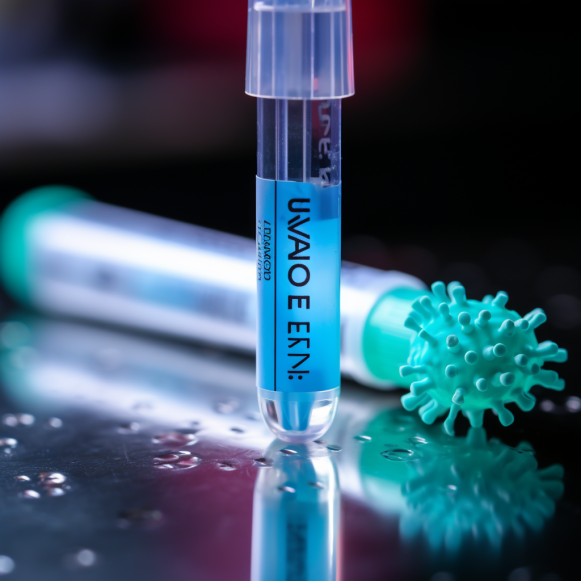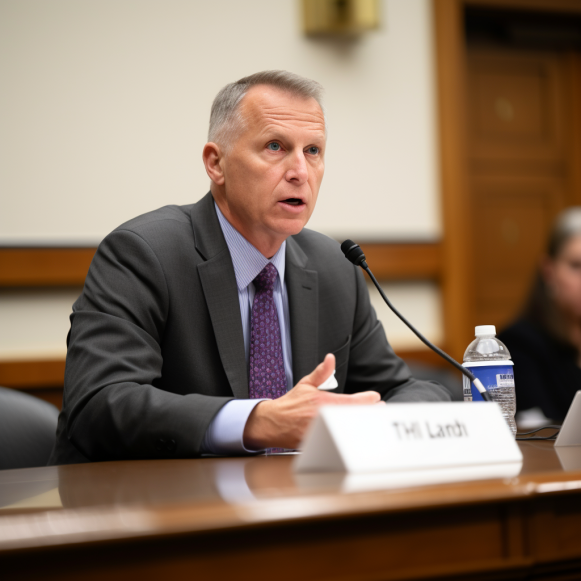A pre-pandemic infection could explain why some patients develop long COVID

A person’s viral history could prime the immune system for long-lasting symptoms.
According to Boston researchers looking to explain why some patients end up with long-lasting, debilitating symptoms, a pre-pandemic common cold coronavirus infection may help set the stage for long COVID.
The Brigham and Women’s Hospital and Massachusetts General Hospital researchers collaborated with immunology and virology experts to look for clues about long COVID in blood samples from patients with autoimmune rheumatic diseases.
The researchers discovered that patients with long COVID were more likely to have expanded, pro-inflammatory antibodies specific to a coronavirus that causes the common cold.
According to the researchers, a person’s viral history, particularly prior infection and antibody expansion against a pre-pandemic coronavirus, could prime the immune system for developing long COVID.
“Our study offers evidence and an explanation for why some of our patients may be experiencing the persistent and wide-ranging symptoms of long COVID,” said co-corresponding author Zachary Wallace of the Division of Rheumatology, Immunology, and Allergy at Massachusetts General Hospital.
“Identifying a biomarker that helps us better understand current and previous infections could shed light on an inappropriate immune response that leads to some cases of long COVID,” Wallace continued.
Up to 45% of people with rheumatic diseases, such as rheumatoid arthritis and other chronic autoimmune disorders that cause inflammation, had persistent symptoms associated with long COVID 28 days after SARS-CoV-2 infection.
Patients suffering from rheumatic diseases are also more likely to develop severe disease and complications from an acute infection.
Since the start of the pandemic, Brigham and MGH researchers have paid special attention to this group of patients in order to assist with long COVID treatments and care.
The researchers compared immunological changes in rheumatic disease patients who recovered from COVID. They were specifically looking for differences in the immunological fingerprints left by previous infections.
The researchers discovered an unexpected signal associated with OC43, a coronavirus that causes common cold symptoms. Individuals with a long COVID were more likely to have antibodies against this type of coronavirus.
The study was limited to people with rheumatic diseases, and more research is needed to see if their findings apply to people who don’t already have an autoimmune disorder.
“By starting with patients with rheumatic diseases, we may be able to develop biomarkers that help us understand who is at high risk for developing long COVID and strategically enroll individuals into clinical trials to either prevent long COVID or develop therapies to treat it,” Wallace said. “This study represents an important step in that direction.”





